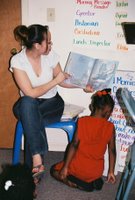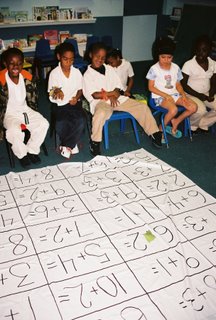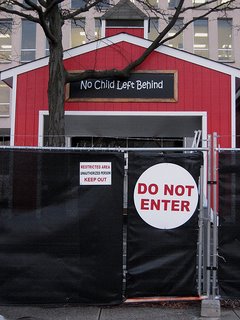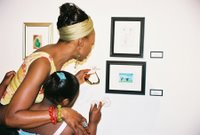
I would not want to be in the shoes of the people who are tasked with trying to rebuild the city and figure things out. However, it did occur to me several months ago that the fact that New Orleans was completely wiped out provides us with a perfect opportunity to make a conscious effort toward equality in this country.
We have quite a tainted past in the way people of color have been treated. Slavery. Lynching. Jim Crow. De jure to de facto segregation. What has happened in our past has led up to the way we deal with our present. Because so much of the racism and classism is ingrained in our society, we have often brushed it aside and explained it away, justifying our choices to live in certain neighborhoods and around certain people because that's where we've always lived, that's who we grew up with, or whatever the other reasons might be.
But it seems to me New Orleans provides the ideal opportunity for us to create the ideal city. To me, the fact that Katrina destroyed entire communities that need to be rebuilt provides us (the United States) a once-in-a-lifetime opportunity. If a city must be rebuilt, why not rebuild it in a way that mixes low-income and wealthy, single family homes and apartments, people of color and White people? I know it can be done. I had read about other places that have created "ideal communities" defined by their own terms of what they thought an ideal community should look like.
Creating these ideal communities have been met with much resistance across our nation. Middle- and upper-class people do not want poor people moving in beside them. As much as we say we don't mind what color our neighbors are, in doing research, I've found that we are ok with a variety of cultures around us as long as they act and think just like us. I would like to think that the resistance is due to people already being established in environments where they are comfortable and they simply don't want to shake up that feeling of comfort.
However, the fact that New Orleans was predominantly Black before Katrina and seems to be predominantly White now, the fact that larger homes in predominantly White areas are getting rebuilt while the predominantly Black neighborhoods are being restricted, tells me that despite people's arguments to the contrary, Katrina not only exposed the racism that exists, it also exposes the fact that we, in this country, are not ready or willing to do anything about changing the institutionalized racism in our country for the future.










